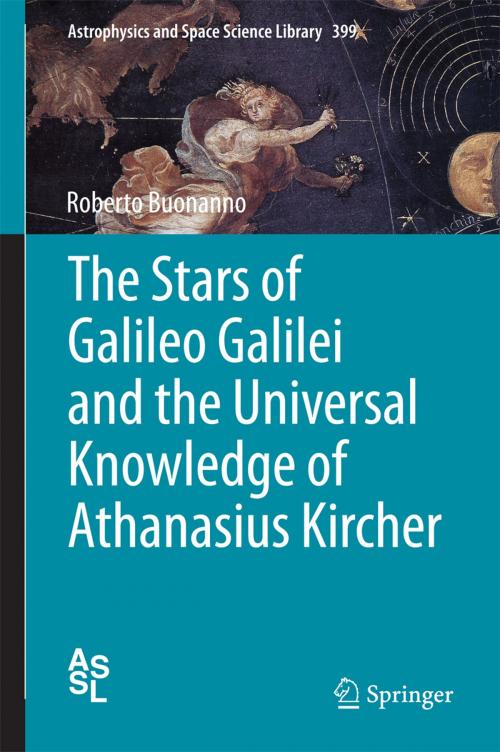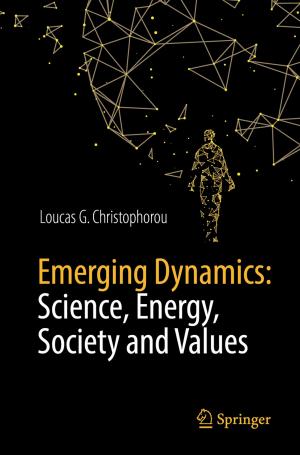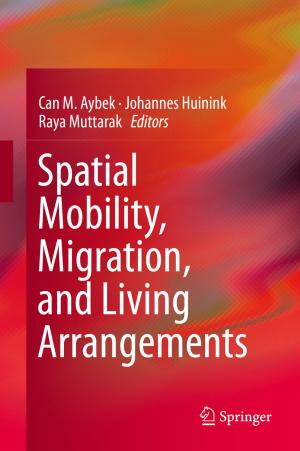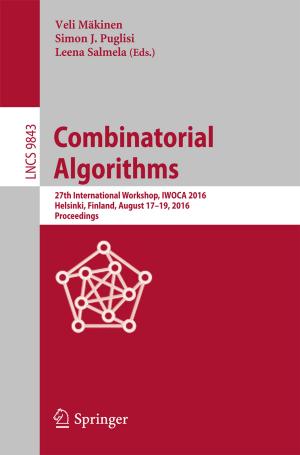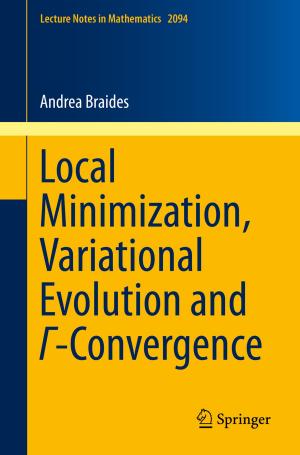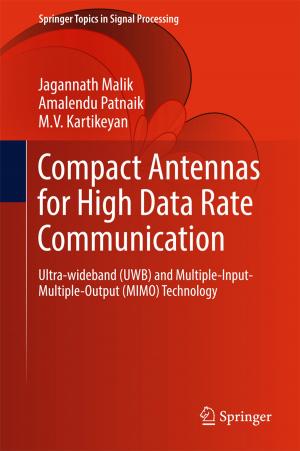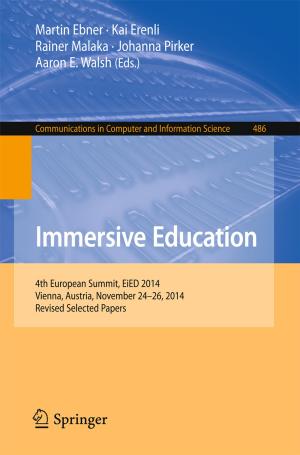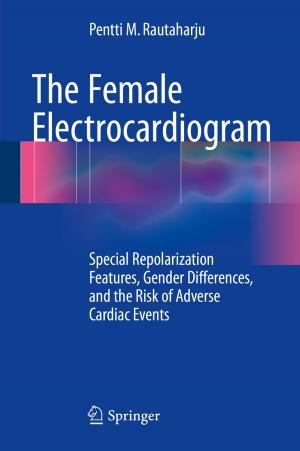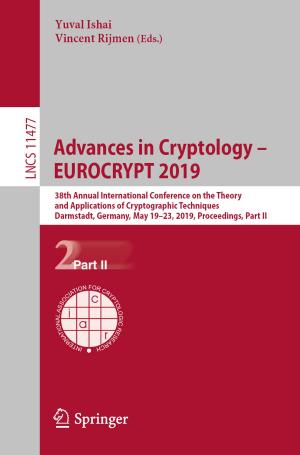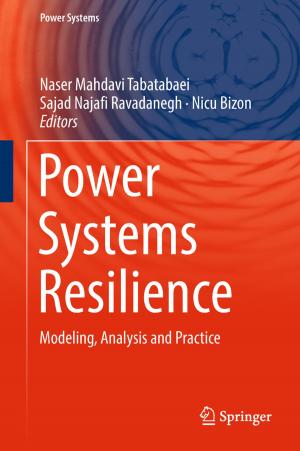The Stars of Galileo Galilei and the Universal Knowledge of Athanasius Kircher
Nonfiction, Science & Nature, Science, Physics, Astronomy, General Physics| Author: | Roberto Buonanno | ISBN: | 9783319003009 |
| Publisher: | Springer International Publishing | Publication: | January 31, 2014 |
| Imprint: | Springer | Language: | English |
| Author: | Roberto Buonanno |
| ISBN: | 9783319003009 |
| Publisher: | Springer International Publishing |
| Publication: | January 31, 2014 |
| Imprint: | Springer |
| Language: | English |
In this fascinating book, the author traces the careers, ideas, discoveries, and inventions of two renowned scientists, Athanasius Kircher and Galileo Galilei, one a Jesuit, the other a sincere man of faith whose relations with the Jesuits deteriorated badly. The Author documents Kircher’s often intuitive work in many areas, including translating the hieroglyphs, developing sundials, and inventing the magic lantern, and explains how Kircher was a forerunner of Darwin in suggesting that animal species evolve. Galileo’s work on scales, telescopes, and sun spots is mapped and discussed, and care is taken to place his discoveries within their cultural environment. While Galileo is without doubt the “winner” in the comparison with Kircher, the latter achieved extraordinary insights by unconventional means. For all Galileo’s fine work, the author believes that scientists do need to regain the power of dreaming, vindicating Kirchner’s view.
In this fascinating book, the author traces the careers, ideas, discoveries, and inventions of two renowned scientists, Athanasius Kircher and Galileo Galilei, one a Jesuit, the other a sincere man of faith whose relations with the Jesuits deteriorated badly. The Author documents Kircher’s often intuitive work in many areas, including translating the hieroglyphs, developing sundials, and inventing the magic lantern, and explains how Kircher was a forerunner of Darwin in suggesting that animal species evolve. Galileo’s work on scales, telescopes, and sun spots is mapped and discussed, and care is taken to place his discoveries within their cultural environment. While Galileo is without doubt the “winner” in the comparison with Kircher, the latter achieved extraordinary insights by unconventional means. For all Galileo’s fine work, the author believes that scientists do need to regain the power of dreaming, vindicating Kirchner’s view.
